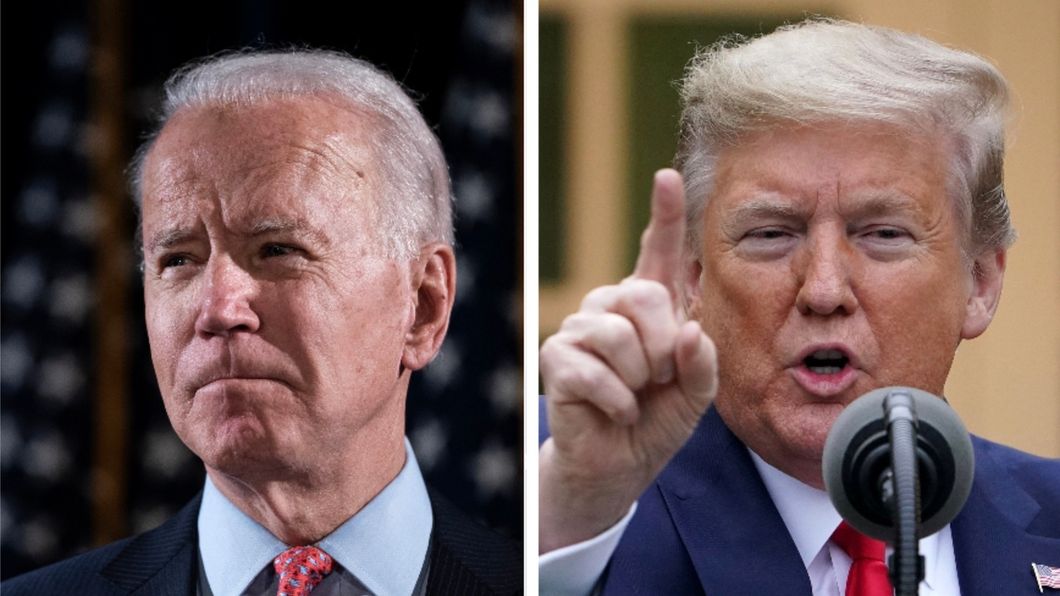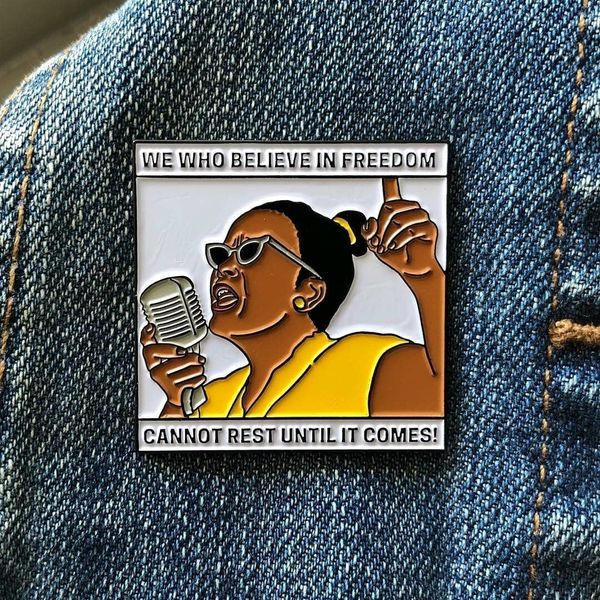Things have been relatively hectic, to say the least.
Students' education has been forced into online Zoom lectures. A lot of us have lost loved ones during this turbulent, emotionally straining time. Working-class grocery store clerks, teachers, doctors, nurses, and pharmacists are tirelessly spending countless days and nights on the frontline of this pandemic. Black and brown families are disproportionately affected and to say this is merely a coincidence — and not a calculated, inevitable consequence of deep-seated structural inequalities when it comes to the intersection of institutionalized racism, economic corruption, and a fractured healthcare system in this country — would be simply ignorant.
In terms of political affiliation, I am a registered Democrat. However, when it came down to who exactly I would support for the Democratic nomination, I wanted to sure of my decision, so I spent months meticulously researching the debate stage candidates and what exactly they stood for before choosing Senator Bernie Sanders. I attended political rallies, volunteered, petitioned, and canvassed with hopes of ultimately getting Bernie on the ballot in November.
With Bernie recently suspending his campaign, it's been difficult to remind myself that things always happen for a reason and that there is still some hope for America.
Something that took me a while to entirely understand was that Bernie's campaign was not just about winning the presidency in 2020. Rather, Bernie's campaign was more about fueling a passion for political activism and fundamentally spurring a progressive movement amidst a new generation of young, hopeful voters. This may sound cliche — Bernie's campaign was never really about him, but us as a movement. Whether relatively centrist politicians like Biden realized, Bernie has structurally pushed the DNC to the left, acknowledging more progressive ideals. Openly talking about ideas like universal medicare for all years ago would've been deemed as unheard of, but Bernie truly shifted it to make that the conversational norm today. That's something I genuinely cherished from his campaign — it was more about sending a consistent message to the DNC and corporate America about what how we, the younger generation, wanted to see the dialogue amidst politics in America today to reflect the needs of working-class people who work paycheck to paycheck.
But with Bernie dropping out, we are now faced with an incredibly uncomfortable, pressing question — which of the two alleged sexual predators are we going to elect as president in November?
Tara Reade, a former staffer for Biden's senate office in 1993, expanded how Biden had pinned her against a wall, reached under her skirt and pushed his fingers inside her. At the time, she was 29 years old. Biden has been accused of unwanted hugging and other physical contact but reports from The Washington Post found no other allegations against him as serious as Reade's.
Regarding our current president, more than a dozen women have accused Trump of forced kissing, groping, or sexual assault, and he has been recorded on audio boasting about grabbing women between their legs.
As a woman and advocate for the #MeToo movement, I personally feel compelled to always listen to the women in any kind of situation like this. That's why it's even more difficult for me to put my foot forward and feel morally obligated to vote for Biden during the upcoming election if it means expelling someone like Trump — whose ongoing political record exemplifies just how dangerous, unpredictable in nature, racist, xenophobic, and incredibly shallow he really is — from office.
I personally feel as though if I do not exercise my right to vote during this election — a vote that women of color fought for exactly 100 years ago in 1920 — I would feel like much of the responsibility would be on my hands if Trump were reelected.
I recently watched the video of Obama's endorsement for Joe Biden. Something that specifically compelled me was how Obama noted that if he were running for president today, he surely would not have the same platform that he did back in 2008, and would continue to work towards build on the Affordable Care Act and evolve it into a more of public, universal health care option for all as opposed to its limiting coverage right now. However, despite Obama's close affiliation with Biden as his vice president, Biden is not simply a mirroring reflection of Obama. It's so much more complex than that, especially taking into account Tara Reade's recent allegations.
In a recent interview with the New York Times, subsequent to Sanders' suspension of his campaign, New York Representative Alexandria Ocasio-Cortez, who notably accompanied Bernie on the campaign trail, reaffirmed, "Beating Donald Trump is a matter of life or death for our communities. I think it's a difference between making an argument for harm reduction, and making the argument for, there's actually going to be progress made for us."
Ultimately, Congresswoman Ocasio-Cortez has made clear that she intends to support the Democratic nominee, but said his current overtures to progressives must go further. She made a distinction between supporting Biden in November and offering a full-throated endorsement of his campaign. Where she lands, she said, is up to him. In a similar sense, many left-leaning voters, including myself, feel like we're also on the same page as AOC when it comes to this upcoming presidential election.





















